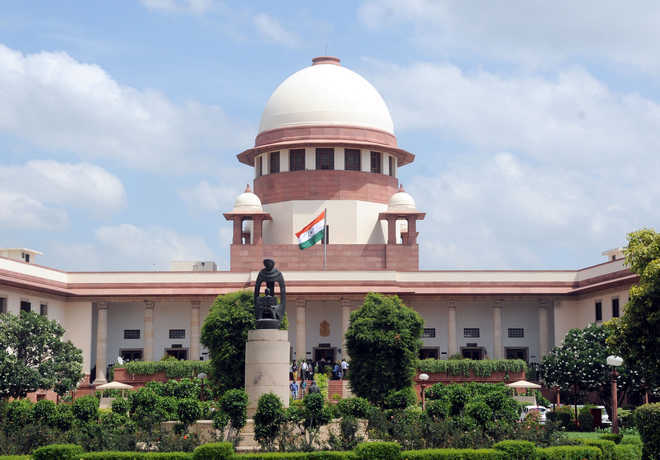TFP News (4th June, 2020)
In its counter affidavit filed before the Supreme Court, the Reserve Bank of India (RBI) has said that a forced waiver of interest during the moratorium on term loan repayment would imperil the financial stability and health of the banks.
In view of the COVID-19 pandemic, the RBI had issued a circular on March 27 allowing banks to grant a moratorium to borrowers on payment of instalments for a period of three months. On May 22, the RBI announced the extension of the three-month moratorium period till August 31, thereby making it a six-month moratorium. Consequently, the interest on the term loan would be accrued for six months, should a borrower avail the benefit of moratorium.
The borrowers who availed this facility were taken aback as the interest during this period will get added to their loan amount thereby prolonging the loan components. (To find out more about this, click here)
Faced by this fate, a petition was filed by Agra resident Gajendra Sharma earlier last month against the RBI circular dated March 27 because it allowed interest on the loan amount to accrue. The petition informed the court he had taken a home loan of around Rs 37 lakh from ICICI Bank, and that due to the lockdown, he has no income and so cannot pay the EMI.
Sharma said the circular’s objective would be rendered fruitless if interest is levied later. He contended interest should not be charged during the moratorium period.
In the affidavit filed, RBI told the Supreme Court the interest charged by the banks would form an important source of income and cautioning a hit of rupees two lakh crore to banks. RBI also stated it is not prudent or appropriate to go for a forced waiver of interest risking the financial viability of the banks in its mandate to regulate and putting the interests of depositors in jeopardy and thereby insisting that the aim and object of allowing a moratorium is to only defer the payment obligations and it cannot be construed to be a waiver of the payment obligations.
As it is governed by the RBI Act and the Banking Regulation Act, the RBI said, it is entrusted with the accountability of controlling banking business. Therefore, it is its onus to ensure that banks carry out their operations prudently and that
One relief for customers is that the moratorium will not get reported to CIBIL as a defaulter.
Liked the Article you just read? Show us your support by clicking that like button and sharing it with your friends using #tfpnews. Also don’t forget to leave your thoughts about the article in the comment section below.
You can become a part of our mailing list by clicking here

